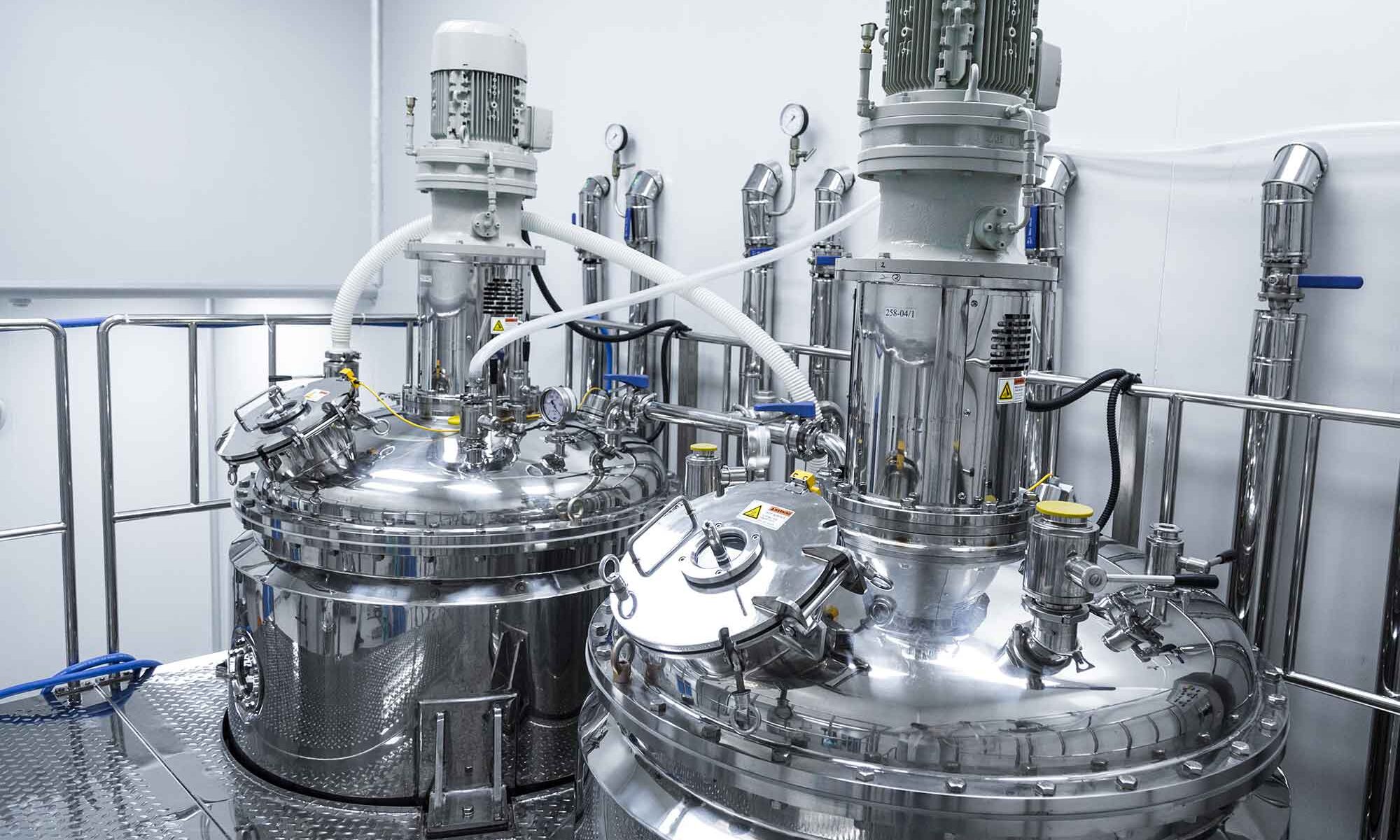Fermentation-based enzyme production systems can be used to break down polymers into newly useful monomers. However, monitoring the process requires an RNA sequencing platform; a device that costs about €2 million. Analysis steps take 6 weeks each and experts are needed to evaluate the results.
To lower these barriers, the Centre of Expertise Biobased Economy (CoE BBE) and biotech company Ginko Bioworks have developed an affordable, portable and semi-real-time molecular monitoring system to optimise the process design of the fermentation process of plastic degrading enzymes.
Accessible
“The method we selected requires only an investment of €5,000 instead of 2 million,” says MiaoMiao Zhou, Researcher Lecturer Biobased Building Blocks & Products at CoE BBE. “One of our new designs even allows four different tests to take place simultaneously. This makes huge savings in cost and time. Results can now be read within 20 hours. This helps enzyme producers improve their work. This makes enzyme-based biochemical recycling much more accessible to companies.”
“The results provide insight into new high-throughput technologies to unravel complex processes in fungi,” says Peter Punt of Ginkgo Bioworks. “In the long run, it leads not only to milder recycling methods, but also to a better understanding of how to design a biodegradable material.”
Five interns also took part in designing, conducting and optimising experiments. As a result, they were motivated to further develop as bioengineers. The research was carried out within a KIEM GoChem project of Regieorgaan SIA.
For more information, see the website of the Centre of Expertise Biobased Economy (CoE BBE).
Image: Jasen Wright/Shutterstock



